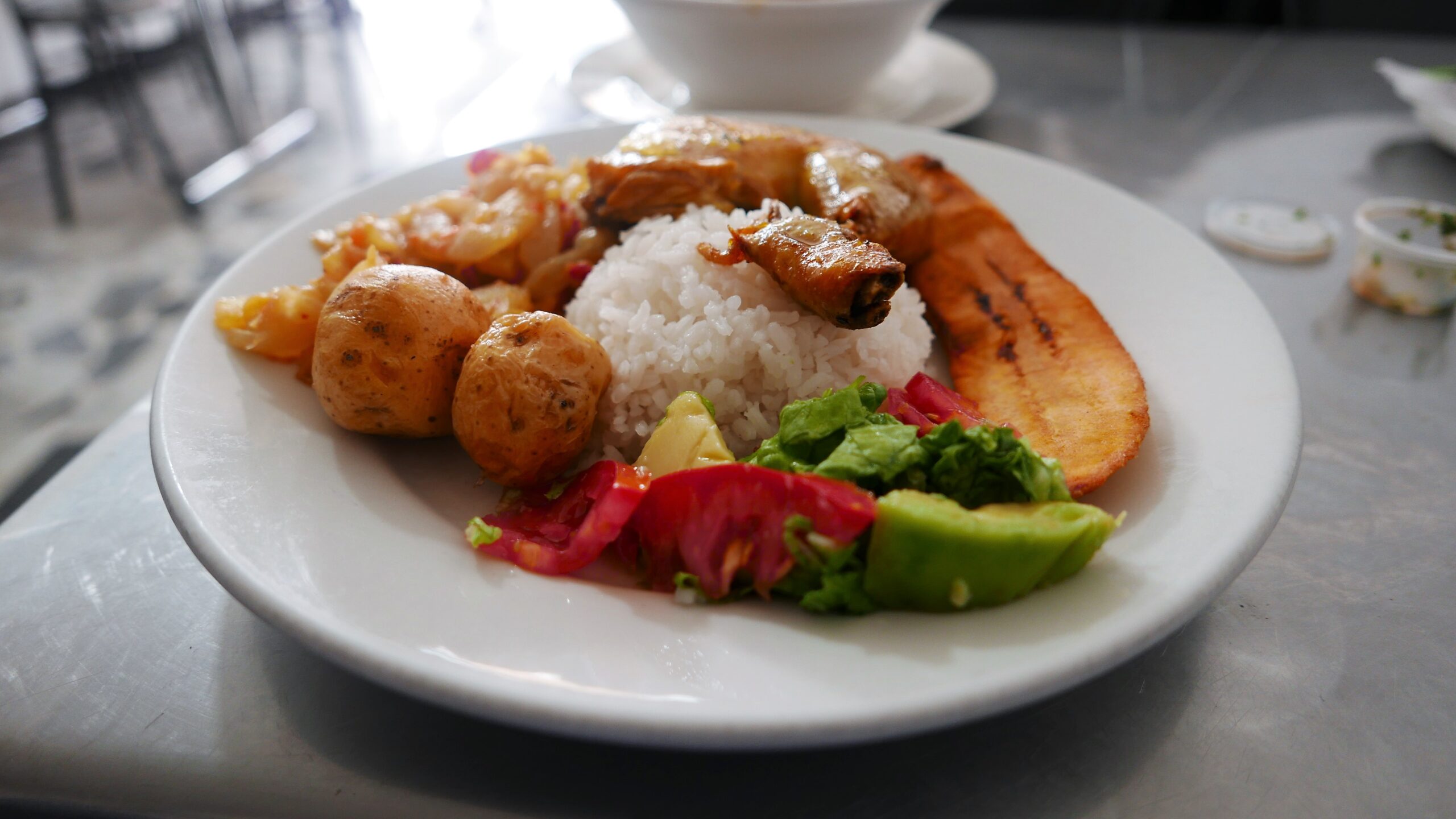 Extremist group Boko Haram have caused international outrage after the kidnap of 200 schoolgirls.
Extremist group Boko Haram have caused international outrage after the kidnap of 200 schoolgirls.
Nigeria is experiencing a period of rapid economic growth at the moment, and has even been hailed as on the brink of surpassing the South African economy to make its way into the number one spot on the African continent. However, this good fortune has been undermined by the recent actions of the militant Islamist group known as “Boko Haram”, who have been terrorising Nigeria for many years now, specifically the north-eastern region of the country.
In the Hausa language “Boko Haram” reportedly means “Western Education must be forbidden”. The word Haram means forbidden or prohibited and Boko originally meant false but has come to mean Western education. The group oppose all Western influences in Nigeria and are fighting to create an Islamic state. They seek to overthrow the government and end supposed symbols of Western influence, such as voting, secular education, and the more equal place of women in society.
They stand accused of being behind numerous terrorist attacks since their foundation in 2002, including attacks on churches, government buildings and schools. In 2013, in the face of growing fear concerning the actions of Boko Haram, President Jonathan Goodluck declared a state of emergency and launched a series of military operations against them. This led to their retreat from the North-Eastern capital Maiduguri, previously their most important urban stronghold, into the Sambisa Forest which runs along the border with Cameroon.
From there, they regularly carry out attacks on rural villages and began stepping up a vicious campaign against Western education by conducting mass kidnappings of schoolchildren, the most recent being in April 2014 of this year when over 200 schoolgirls were kidnapped from a school in the town of Chibok in the Borno state. The girls had been attending the school in order to sit exams when Boko Haram attacked and transported them into the forest.
The group claimed responsibility for the kidnapping in a video released on May 5, in which they stated that they would be selling the girls into slavery as punishment for their previous warnings and attacks not being heeded. Amnesty International has also reported that girls are being forced into marriages, which basically amount to sexual slavery, with members of Boko Haram.
International pressure has grown as campaigns spearheaded by prominent political figures such as Michelle Obama and most recently David Cameron have hit Twitter and have added momentum to the marches and protests that have been occurring in Nigeria’s capital city Abuja since last week. President Goodluck has been accused of ineffective action in the face of the crisis.
The situation has been made worse by a lack of clarity over exactly how many schoolgirls are missing. According to the military, approximately 53 of the girls managed to escape whilst being transported from the school and have returned to their families, but due to fear of repercussions they have not come forward.
On May 9, a Boko Haram negotiator announced that they are looking to swap the missing girls for members of the group who are currently imprisoned. The Nigerian government originally rejected outright the idea of a swap, but a government minister told the BBC on May 13 that they were now ready to consider negotiating. The group have said that girls who have not already converted to Islam could be swapped for imprisoned fighters.
Britain, the US, France, China and Israel have sent foreign teams to assist in the search and rescue of the kidnapped schoolgirls. The British team is led by the Foreign Office, and made up of members of the Metropolitan Police, the Department for International Development, the Ministry of Defense and intelligence agents. The US is flying surveillance missions across Nigeria in an attempt to locate the girls and each of the other countries has sent a team of experts including counter-terrorism specialists.
However, according to the BBC the Nigerian government has said all help is to be strictly advisory. It remains to be seen how effective this help, or negotiations with Boko Haram, will be.
By Jenny Boyle

